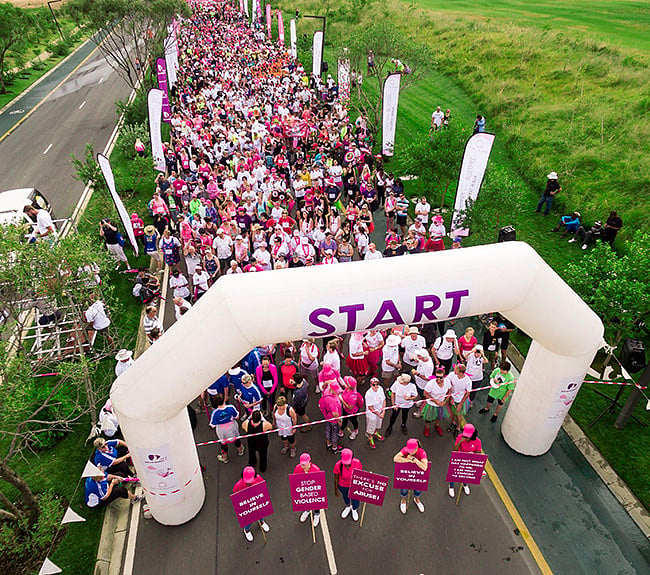
#ChoosetoChallenge gender bias at work
For Women, By Women
April 6, 2021By First For Women
On 8 March 2021, the world celebrated the achievements of women, raising awareness against bias, challenging stereotypes and taking action for equality for International Women’s Day (IWD). This year’s theme, #ChoosetoChallenge, is drawn from a notion that from challenge comes change, so choose to challenge and call out gender bias and inequality.
According to Seugnette van Wyngaard, Head of 1st for Women Insurance: “Sheryl Sandberg got people talking about gender equality at work with her best-seller, Lean In: Women, Work, and the Will to Lead (Knopf, 2013). But eight years later, there is still much progress to be made. Bias is holding women back in the workplace, making it harder for women to get hired and promoted and negatively impacting their day-to-day work experiences. Sandberg notes that 73% of women experience bias at work - yet less than a third of employees are able to recognise bias when they see it.”
This is why #ChoosetoChallenge is a hashtag that every South African women should take note of.
“Unfortunately, gender bias is alive and kicking in South Africa and is starkly evidenced by our glaring gender pay gap. PwC’s Executive directors: practices and remuneration trends report 2020 tells us that the gender pay gap for large-cap JSE companies stands at a disappointing 45%, dropping to 39% for mid-cap companies and 25% for small- cap companies. If you look through an industry lens, the difference in the gender pay gap ranges from 7% in the financial services industry to as much as 34% in the real estate industry,” says van Wyngaard.
According to the Global Gender Gap Report 2020, it will take another 100 years to achieve gender equality based on the current rate of progress. However, if women choose to challenge gender bias, a fairer and more inclusive workplace can be created for all.
LeanIn.Org have developed a free digital programme to empower all employees to identify and challenge bias head on. Some of the advice to help combat the biases women face at work includes:
- Guard against microaggressions: this refers to daily discrimination and is usually directed towards people in junior positions. Encourage staff to be more conscious of their words and tone when speaking to colleagues.
- Stop Interrupting! How many times do men interrupt women compared to interrupting their male colleagues? The answer is almost three times more often. Stop interrupting!
- Meeting dynamics: In a meeting room situation, men tend to sit front and centre, while women take positions to the side or the back. Make sure that there is sufficient room and encourage staff to move around so that the gender distribution in the room is more equal and women are placed in positions where they feel confident to speak up.
- Confident women are labelled “aggressive”: Old, ingrained stereotypes mean that women are traditionally expected to be agreeable and a forceful stance on a sticking discussion point sometimes results in women being viewed as aggressive or pushy in the workplace. Employers and co-workers should stop to ask themselves what their reaction would be if the same comments or viewpoint was expressed by a male counterpart before reacting with a knee-jerk response.
- Get women on boards: The JSE remains heavily weighted towards male non-executive directors at 71%. This indicates little progress from the previous year, when there were 70 percent male and 30 percent female directors. There is no shortage of women qualified to represent companies in the boardroom. Mentorship programmes at C-suite level should be encouraged wherever possible.
- Educate, educate, educate: Often staff and even management are not entirely aware of their own, ingrained biases. Run workplace training to emphasise the benefits of gender equality, including connection with and access to customers, diversity of ideas, and supplier diversity.
“They say it is not the mountain we conquer but ourselves. The fight against gender inequality is a battle that each and every one of us can contribute to. While Covid-19 has been devastating, it has had a global spin-off effect of forcing companies to re-evaluate their thinking around working hour flexibility and making management more amenable to accepting work-from-home positions. Incremental changes today can lead to massive changes in years to come,” van Wyngaard concludes.













